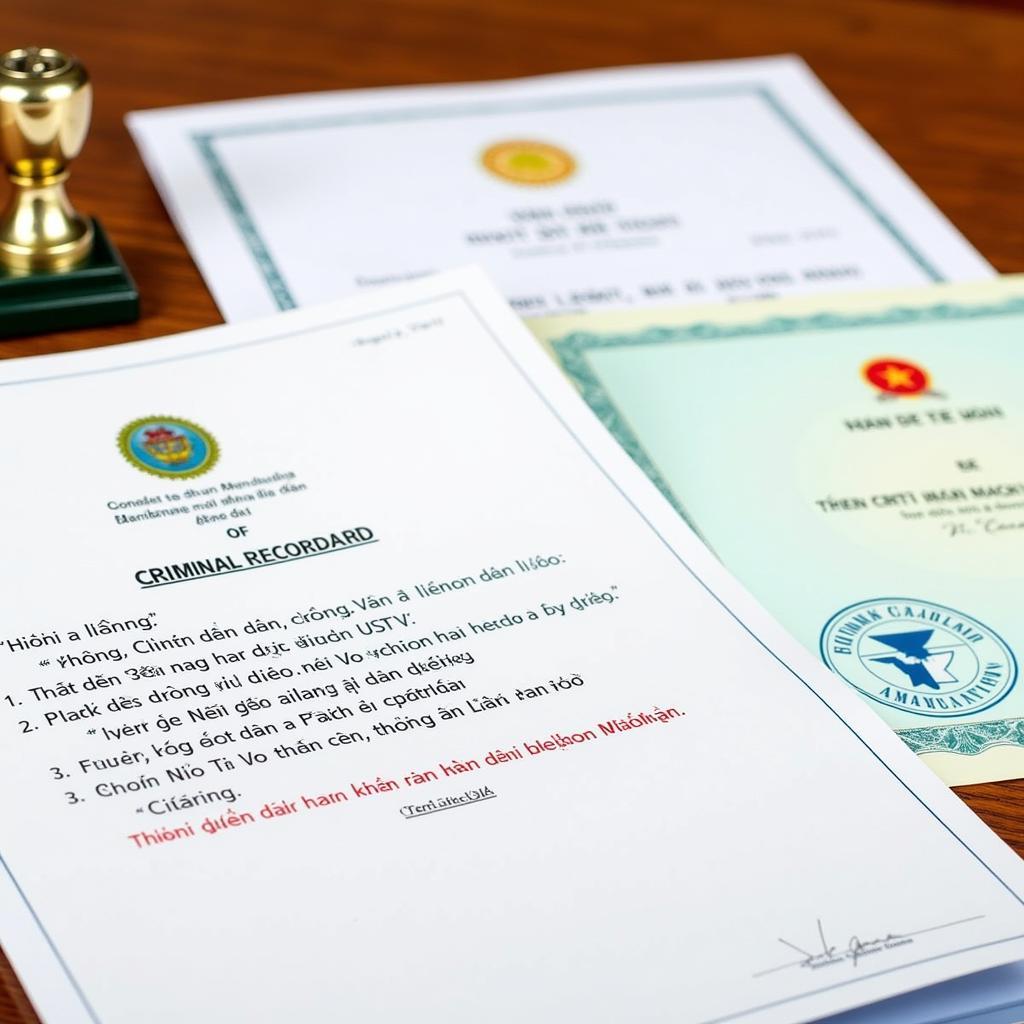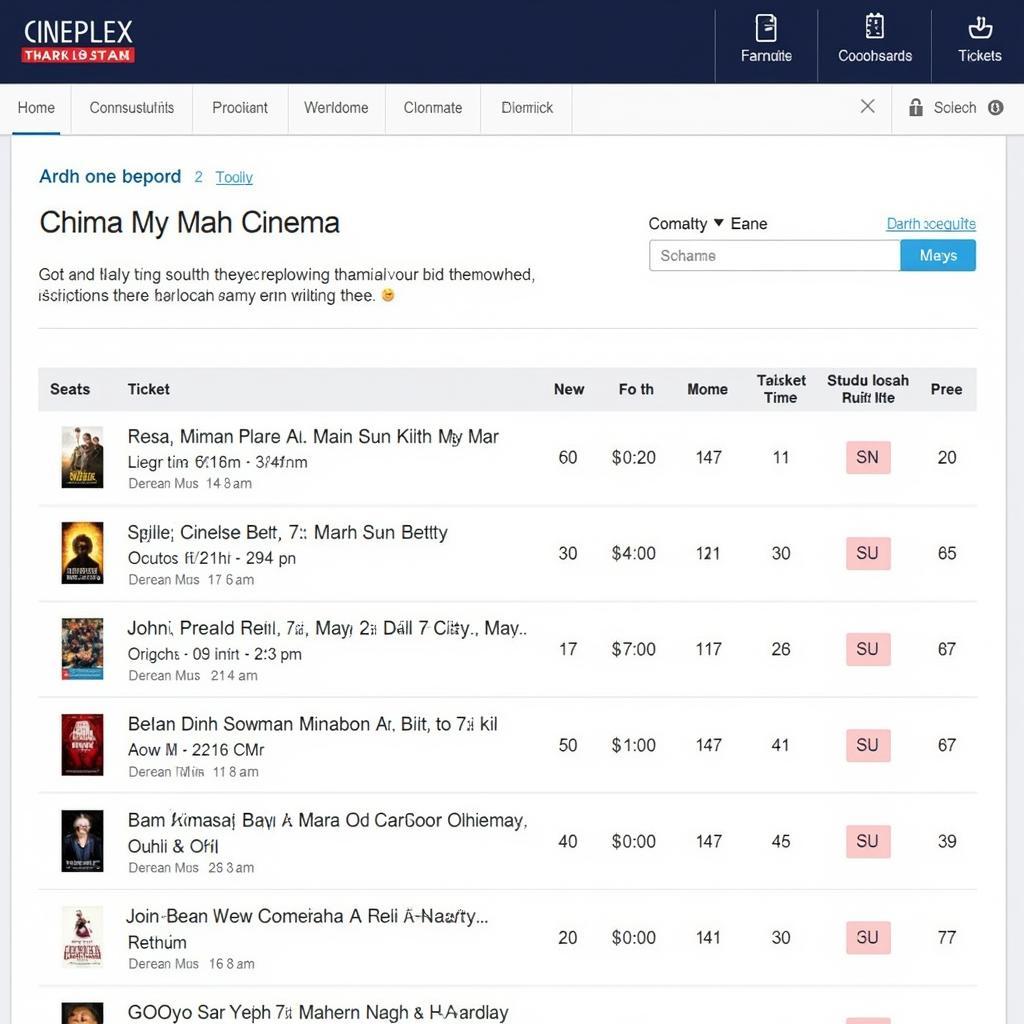Writing a CV is essential for any job seeker, especially if you are applying for jobs in English-speaking countries. A well-crafted CV can make a strong impression on potential employers and help you stand out from the competition. This guide provides a comprehensive overview of CV writing in English, covering everything from format and content to tips on making your CV stand out.
The Importance of a Good CV
Your CV is your first impression on potential employers. It is a document that summarizes your professional skills, experience, and qualifications. A well-written CV can help you:
- Get noticed: In a competitive job market, it’s crucial to stand out. A well-structured and engaging CV can capture the attention of recruiters and hiring managers.
- Showcase your strengths: Your CV is your opportunity to highlight your skills, experience, and achievements that align with the job requirements.
- Secure interviews: A strong CV can lead to more interview invitations, giving you the chance to further demonstrate your abilities.
Understanding the Different CV Formats
There are several CV formats, each with its own strengths and weaknesses. Choose the format that best suits your experience and the industry you are applying to.
1. Chronological CV
This is the most traditional and common CV format. It lists your work experience in reverse chronological order, starting with your most recent job.
- Strengths: Easy to read and understand, demonstrates career progression.
- Weaknesses: May not be suitable for career changers or those with gaps in their work history.
2. Functional CV
This format focuses on your skills and abilities rather than your work history. It groups your experience under skill headings, highlighting relevant expertise.
- Strengths: Suitable for career changers, emphasizes skills that may be transferable to different roles.
- Weaknesses: May not be as clear as a chronological CV in terms of work history.
3. Combination CV
This format combines elements of both chronological and functional CVs. It presents a summary of your skills and abilities, followed by a detailed chronological work history.
- Strengths: A balanced approach that showcases both skills and experience.
- Weaknesses: May be longer than other formats.
Essential Elements of a CV
No matter which format you choose, your CV should include these key sections:
1. Contact Information
- Name: Place your full name prominently at the top of the CV.
- Contact Details: Include your phone number, email address, and LinkedIn profile (optional).
- Address: You can choose to include your full address or simply your city and country.
2. Personal Profile/Summary
This is a brief, concise overview of your professional experience and career goals. It should be no more than 4-5 sentences.
- Target: Tailor your profile to the specific job you are applying for, highlighting relevant skills and experience.
- Keywords: Use keywords from the job description to ensure your CV is picked up by applicant tracking systems (ATS).
- Example: “Highly motivated and results-oriented Marketing Professional with 5+ years of experience in developing and executing successful digital marketing campaigns. Proven ability to drive brand awareness and increase online sales.”
3. Work Experience
This section details your previous job roles, starting with your most recent position.
- Structure: Use a clear and consistent structure for each job entry, including:
- Job Title: Clearly state the position you held.
- Company Name: Include the company name and location.
- Dates of Employment: Use month and year format (e.g., June 2018 – Present).
- Responsibilities: List your key responsibilities and achievements in bullet points, using action verbs to describe your contributions.
- Focus: Quantify your achievements whenever possible (e.g., increased sales by 20%, managed a team of 5).
- Example:
**Marketing Manager**
**ABC Company, London**
**June 2018 - Present**
* Developed and implemented successful digital marketing campaigns, resulting in a 25% increase in website traffic.
* Managed a team of 3 marketing specialists, providing guidance and mentorship.
* Successfully launched a new product line, generating $1 million in revenue within the first year.4. Education
This section lists your educational qualifications, starting with your highest level of education.
- Structure: Include:
- Degree Name: State the degree you obtained (e.g., Bachelor of Arts in Marketing).
- University/Institution: Name of the university or institution.
- Dates of Study: Month and year format (e.g., September 2014 – June 2018).
- GPA (Optional): Include your GPA if it is above 3.5.
- Example:
**Bachelor of Arts in Marketing** **University of London** **September 2014 - June 2018** - Graduated with Honors (GPA: 3.8)
5. Skills
This section outlines your core skills and abilities, categorized by type.
- Types of Skills: Include hard skills (e.g., software proficiency, data analysis) and soft skills (e.g., communication, teamwork, problem-solving).
- Relevance: Highlight skills that are relevant to the job you are applying for.
- Example:
**Technical Skills:** - Microsoft Office Suite (Word, Excel, PowerPoint)
- Google Analytics
- Adobe Photoshop
- Social Media Marketing Tools
Soft Skills:
- Excellent communication and interpersonal skills
- Strong organizational and time management skills
- Ability to work independently and as part of a team
- Problem-solving and analytical skills
6. Interests/Hobbies (Optional)
This section allows you to showcase your personality and interests.
- Relevance: Choose interests that are relevant to the job or company culture.
- Example:
**Interests:** - Travel
- Photography
- Reading
- Fitness
7. References (Optional)
You can choose to include a “References Available Upon Request” statement at the end of your CV, or provide a separate reference list.
Tips for a Stand-out CV
1. Tailor Your CV: Customize your CV for each job application, focusing on skills and experience relevant to the specific role.
2. Use Action Verbs: Use strong action verbs to describe your responsibilities and achievements (e.g., developed, managed, implemented, achieved).
3. Quantify Your Achievements: Whenever possible, use numbers to quantify your accomplishments (e.g., increased sales by 15%, reduced costs by 10%).
4. Use Keywords: Identify keywords from the job description and incorporate them throughout your CV.
5. Proofread Carefully: Thoroughly proofread your CV for any errors in grammar, spelling, and punctuation.
6. Keep it Concise: Aim for a 1-2 page CV. Avoid lengthy paragraphs and unnecessary details.
7. Format Professionally: Use a clear and consistent font (e.g., Arial, Times New Roman), font size (10-12pt), and spacing.
8. Use a Professional CV Template: There are many free and paid CV templates available online.
Common Mistakes to Avoid
- Typos and grammatical errors: These errors can make a bad impression on potential employers.
- Using slang or informal language: Keep your CV professional and formal.
- Including irrelevant information: Focus on information that is relevant to the job you are applying for.
- Lying or exaggerating your qualifications: Be honest and accurate in your CV.
- Lack of proofreading: Always proofread your CV carefully before sending it out.
Example CV (Chronological Format)
This is a basic example of a chronological CV. You can use this as a starting point and customize it to suit your own experience and the job you are applying for.
**[Your Name]**
[Your Address]
[Your Phone Number]
[Your Email Address]
[Your LinkedIn Profile (Optional)]
**Personal Profile**
Highly motivated and experienced Marketing Manager with a proven track record of developing and executing successful marketing campaigns. Proven ability to drive brand awareness and increase online sales. Passionate about digital marketing and staying ahead of the latest trends.
**Work Experience**
**Marketing Manager**
**ABC Company, London**
**June 2018 - Present**
* Developed and implemented successful digital marketing campaigns, resulting in a 25% increase in website traffic.
* Managed a team of 3 marketing specialists, providing guidance and mentorship.
* Successfully launched a new product line, generating $1 million in revenue within the first year.
**Marketing Specialist**
**XYZ Company, New York**
**January 2016 - May 2018**
* Managed social media accounts, growing follower base by 100%.
* Developed and executed email marketing campaigns, achieving a 20% open rate.
* Assisted with the creation of marketing materials, including brochures, flyers, and presentations.
**Education**
**Bachelor of Arts in Marketing**
**University of London**
**September 2014 - June 2018**
* Graduated with Honors (GPA: 3.8)
**Skills**
**Technical Skills:**
* Microsoft Office Suite (Word, Excel, PowerPoint)
* Google Analytics
* Adobe Photoshop
* Social Media Marketing Tools
**Soft Skills:**
* Excellent communication and interpersonal skills
* Strong organizational and time management skills
* Ability to work independently and as part of a team
* Problem-solving and analytical skills
**Interests:**
* Travel
* Photography
* Reading
* Fitness
**References Available Upon Request** Conclusion
Writing a compelling CV is crucial for job success. By following these tips and guidelines, you can craft a CV that effectively showcases your skills, experience, and qualifications, making a strong impression on potential employers and increasing your chances of securing an interview. Remember to tailor your CV to each job application, proofread carefully, and highlight your unique strengths. Good luck!
Note: This guide is for informational purposes only and should not be considered professional career advice. You may need to adapt this guidance based on your individual circumstances and the specific requirements of the roles you are applying for.


